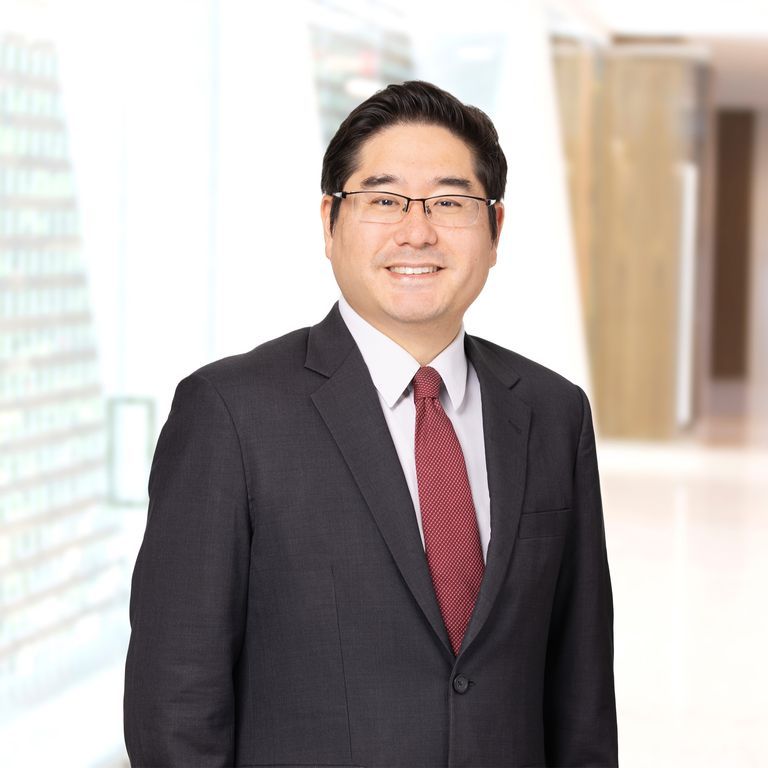Overview
International construction and energy firms operating in the US may be subject to US jury trials which present different strategic considerations for firms that may be accustomed to resolving disputes by international arbitration. On August 6, 2025, the United States District Court for the Eastern District of Michigan in Consumers Energy Co. v. Toshiba America Energy Systems Corp., (2025 WL 2250251, No. 22-10847), partially denied Toshiba America Energy Systems Corporation and Toshiba Corporation’s (collectively, "Toshiba") summary judgment motion as it found genuine issues of fact to be resolved in relation to the issues arising out of damages claims of Consumers Energy Company and DTE Electric Company (collectively, "DTE") due to alleged defects caused by Toshiba.
In 2010, DTE hired Toshiba to restore six pump-turbines at the Ludington Pumped Storage Hydro Plant to nearly new condition with a 30-year service life guarantee. DTE found major defects in Toshiba's work and terminated the contract in 2019. DTE sued Toshiba in 2022 for over $800 million and claimed the defects caused by Toshiba's defective work severely limited at least two units to operate at about 50 hours per year. Toshiba sought summary judgment and argued that DTE's claims were barred by DTE's issuance of acceptance certificates, a consequential damages waiver, a limitation of liability clause, certain warranties being excluded, and improper contract termination.
Toshiba asserted that DTE's issuance of acceptance certificates of the works extinguish prior claims. However, the clause in relation to the issuance of the acceptance certificates stated that acceptance does not relieve Toshiba of "any obligations or liabilities ... whether known or unknown." Accordingly, the clause did not clearly shield Toshiba from liability for defects (including prior ones) and were ambiguous enough to necessitate a trial.
Toshiba further claimed the contract's consequential damages waiver barred statutory prejudgment interest. But the Court stated that prejudgment interest is a separate statutory remedy, not a form of consequential damages, and since the contract did not explicitly waive it, summary judgment was not warranted.
Toshiba also argued cavitation damage to discharge rings was excluded by a limited cavitation warranty covering only runners, noting that cavitation pitting—a type of erosion that occurs when metal is exposed to water—is tolerated or expected to some extent in hydraulic pump-turbines. DTE argued the general warranty covered "all Work" and that damage arose from a design defect (removing a stainless‑steel overlay), not routine cavitation that would be covered under the warranty. As the facts that caused the damage were in dispute, Toshiba's defense as to whether the warranty applied could not be sustained in a motion to dismiss and the Court held that the issue must go to trial.
Toshiba also invoked a limitation of liability clause to cap its financial exposure at the contract price plus bonuses, seeking to block DTE's claim for over $800 million in excess damages. While the Court upheld the clause’s enforceability under Michigan law, it denied summary judgment because the parties disagreed on the calculation of the cap, specifically whether unearned bonuses and pending change orders should be included which was a factual dispute requiring trial.
Finally, Toshiba argued that liquidated damages are the sole remedy for delays except for major default. DTE countered that the contract preserved "any other rights or remedies," claiming broader damages. The Court, finding no clear exclusion on such damages denied summary judgment. Toshiba further claimed DTE improperly terminated the contract without allowing Toshiba to cure the defects. DTE argued it gave repeated notice since 2021, issued a termination notice citing major default in October 2024, and terminated in December after Toshiba proposed inadequate repairs. The Court found these factual disputes unsuitable for summary judgment.
Because key factual disputes remained in the case, the Court held that the issues in dispute required factual analysis, were not suitable for summary judgment and must be resolved by a jury. However, the decision-making process of a jury in comparison to an expert arbitration panel that is familiar with international projects will likely to be considerably different. In the above case, jurors may not be familiar with the differences between general warranties versus limited cavitation warranty, the critical role of acceptance certificates in construction contracts, or the technical implications of metal selection on long-term plant performance and liability. Juries may also not be able to fully appreciate the consequences of strict limitations of liability clauses precluding any possibility of additional damages. Jurors may also not afford the same weight to such contractual provisions and instead attempt to arrive at an equitable solution for the parties, have differing views of what is "reasonable," and be swayed by mitigating factors to a larger degree despite any Court instruction. In other words, juries, in comparison to an arbitration panel, will likely require additional explanation and arguments with regard to the industry.
Juries will also provide an opportunity for a party to rely on equity, fairness and to seek potentially higher damages, particularly if parties acted maliciously or in bad faith. Furthermore, in comparison to a bench trial or an arbitration panel, the collective judgment of many jurors may be able to more accurately assess the credibility of fact or expert witnesses. Furthermore, jurors may be sympathetic to parties instead of relying on the black letter clauses in a construction contract (e.g., delivery of notice deadlines, etc). Issues of liquidation damages, for example, are generally strict contractual limitations that arbitrators would ordinarily uphold.
While parties may have an opportunity to pursue a bench trial where the case is too complex, the right to a jury trial is a fundamental democratic safeguard that cannot be easily set aside, and the US Supreme Court has not recognized the "complexity exception" as a basis to deny a jury trial. Indeed, as recent as 2024, the Supreme Court affirmed a parties' right to a jury trial in opposition of an administrative proceeding for imposing civil penalties (SEC v. Jarkesy, 144 S. Ct. 2117 (2024)).
Another consideration for parties is enforcement of US court judgments in foreign jurisdictions. Where foreign contractors are participating in projects in the US and subject to court decisions, such judgments may not be enforceable in jurisdictions outside of the US. On the other hand, foreign parties would likely be able to enforce judgments against US parties that have assets in the US International arbitration awards that would be enforceable in treaty jurisdictions which may not always be advantageous for the foreign contractor. Yet, a foreign contractor may still prefer an arbitration to remove itself from a less expert panel of jurors determining the fate of its highly technical disputes.
Consequently, foreign parties contemplating US jury trials or arbitration should consider the above strategic considerations when agreeing upon a dispute resolution clause for specific projects depending on their likely subsequent legal and factual circumstances taking into account their propensities.


